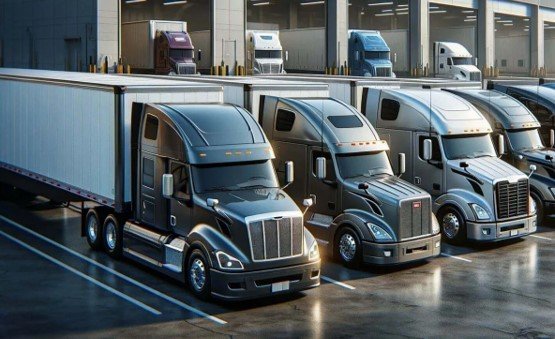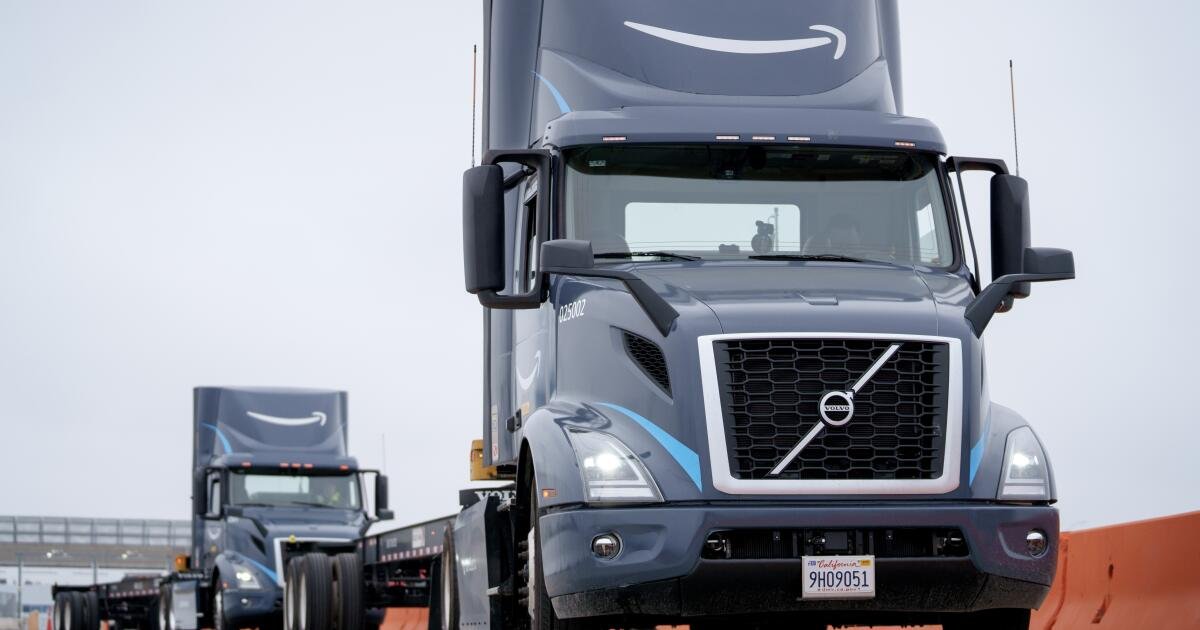Subtotal $0.00
In a surprising turn of events, the California Air Resources Board (CARB) has withdrawn its request for an Environmental Protection Agency (EPA) waiver to enforce its Advanced Clean Fleets (ACF) rule. This decision, made just days before President-elect Donald Trump assumes office for his second term on January 20, marks a significant shift in the ongoing debate over zero-emission vehicle (ZEV) mandates and emissions regulations in the trucking industry.
CARB’s Decision and Industry Reactions
On Monday, CARB’s executive officer, Steven Cliff, submitted a letter to the EPA’s acting administrator announcing the withdrawal of the waiver request. This move effectively halts CARB’s efforts to enforce the ACF regulation, which would have required fleets to gradually phase in ZEVs over the coming years.
The trucking industry has widely celebrated this decision. Chris Spear, president and CEO of the American Trucking Associations (ATA), expressed relief over CARB’s decision.
“The trucking industry and American consumers can breathe a collective sigh of relief today after CARB finally bowed to reality and shelved its job-killing Advanced Clean Fleets regulation,” said Spear. “We look forward to President-elect Trump rescinding CARB’s remaining unworkable waivers and new leadership at EPA restoring a common-sense approach that balances environmental progress with economic viability.”
David Heller, senior vice president of safety and government affairs at the Truckload Carriers Association, echoed this sentiment, describing the withdrawal as a “major victory” for the industry.
Why Withdraw the Waiver Request?
CARB’s withdrawal appears to be a strategic move in anticipation of conflicts with the incoming Trump administration, which has been critical of emissions regulations. During his campaign, Trump promised to dismantle electric vehicle mandates, vowing at the Republican National Convention, “I will end the electric vehicle mandate on day one.”
In his first term, Trump revoked a CARB waiver, signaling his administration’s resistance to California’s stringent emissions standards. Trump’s nominee for EPA administrator, former congressman Lee Zeldin, is expected to take a deregulatory approach and prioritize industry collaboration over state-specific mandates.
ATA has already expressed strong support for Zeldin, highlighting the challenges the trucking industry faced under CARB’s rules.
“America’s truckers deserve an EPA leader who will work productively with industry to set federal emissions standards that are achievable and do not risk disrupting our supply chains,” Spear wrote in a letter endorsing Zeldin.
The Controversy Surrounding ACF
The ACF rule, one of CARB’s most ambitious regulations, targets heavy-duty fleets and aims to transition them to ZEVs over the next decade. The regulation would require certain fleets to phase in ZEVs, culminating in a mandate for manufacturers to produce only ZEV trucks by 2036.
ACF is the last of CARB’s heavy-duty emissions regulations to be left without an EPA waiver. CARB’s other recent regulations, Advanced Clean Trucks (ACT) and the Omnibus Low NOx Rule, already received waivers and remain in effect.
Under the Clean Air Act, California has the unique authority to set emissions standards that exceed federal requirements, provided it obtains an EPA waiver. Other states can then choose to adopt California’s stricter standards. However, CARB’s aggressive timeline and mandates under ACF have faced criticism from industry groups, who argue the regulations are unrealistic and could disrupt the supply chain.
The Road Ahead
While CARB’s withdrawal of the waiver request represents a temporary halt to the ACF rule, the broader debate over emissions regulations and the role of state versus federal authority is far from over. California lawmakers have already convened a special session to prepare for potential clashes with the Trump administration.
As the incoming administration seeks to roll back emissions mandates and streamline regulations, the trucking industry is poised to influence federal policy and advocate for a balanced approach to environmental progress and economic stability.
For now, the withdrawal of the ACF waiver is a significant milestone for an industry grappling with the challenges of decarbonization. How the federal government and California navigate this complex regulatory landscape will shape the future of emissions standards and ZEV adoption in the United States.


